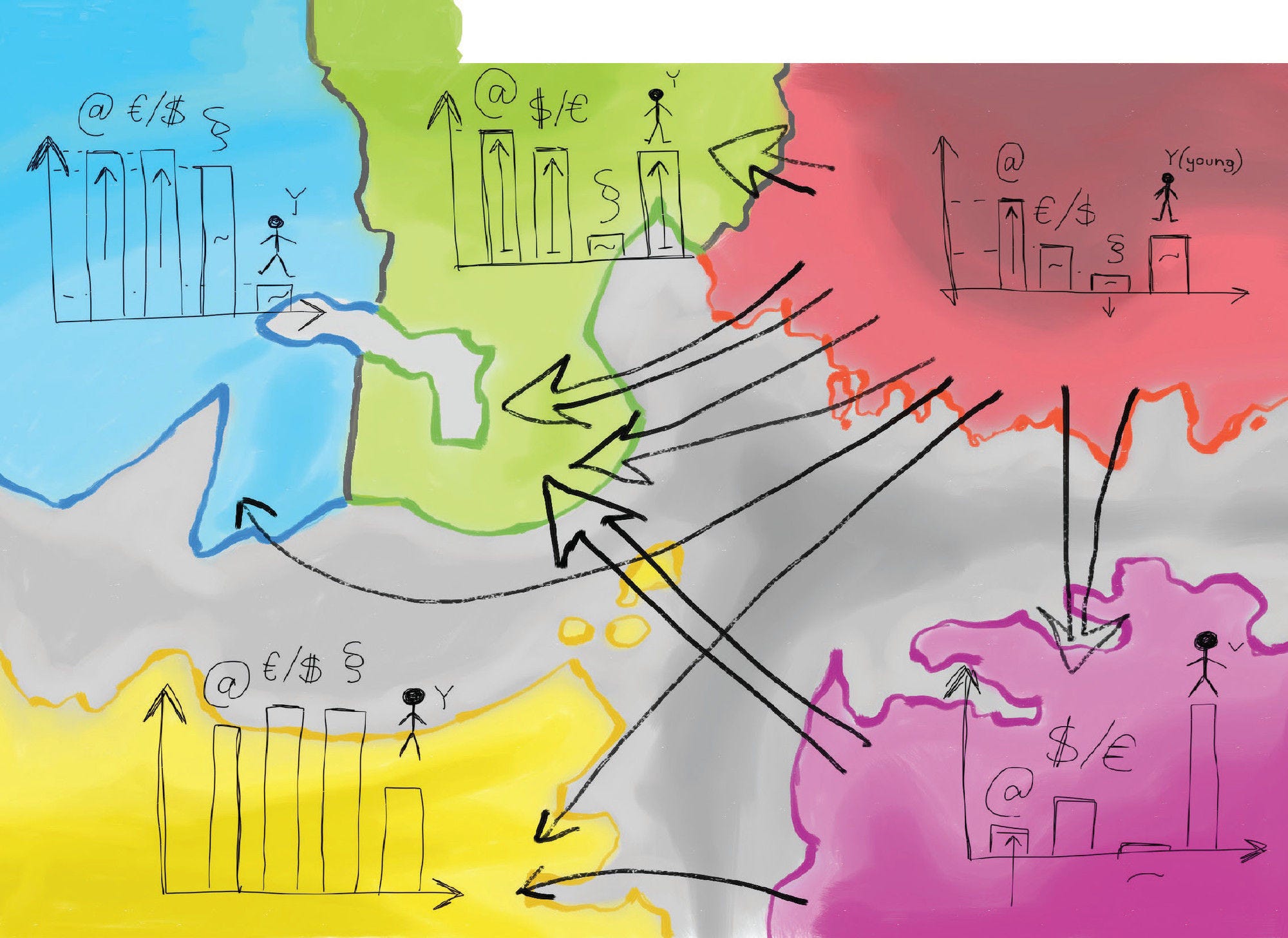This report enhances information about the quantifiable socio-economic conditions that determine the propensity of economies to import counterfeit goods. These findings shed more light on links between the value of imports of fakes and indicators of trade, quality of infrastructure, level of education, individuals’ wealth as well as the use of Internet.
The main finding is that integration into global trade, without adequate IP protection and transparency measures becomes a key element in the imports of counterfeit goods. The report indicates that the quality of trade infrastructure plays an important role in importing fakes since the better the quality of trade and transport-related infrastructure the higher the value of fake imports.
This finding also reinforces from the imports perspective findings made in several previous studies, that counterfeiters misuse logistical trade infrastructure used for trade in licit goods. While free trade is a great engine for economic growth and development, lack of transparency creates conditions for bad actors to thrive, creating significant health, security, and environmental risks.
This finding supports the call for continued monitoring of the strategies used by counterfeiters to distribute their goods and raising awareness to build solutions designed to enhance the security of trade.
The report also underscores a link between the use of Internet and the value of imports of fakes. E-commerce is a tremendous tool to facilitate trade but at the same time it is a privileged distribution channel for counterfeiters as it is easy to deceive consumers in the online environment.
The report also highlights the important role played by socio-economic characteristics in shaping demand for fakes. Young people are more likely to demand fakes, perhaps due to economic constraints and less awareness on counterfeiting-related risks. This report also shows that tertiary education graduation ratio is a factor that is correlated positively with the value of imports of fakes. This result, surprising at first sight, could be linked to the unintentional demand of fake goods, combined with higher digital competences and the resulting propensity to shop online. In addition to consumers that deliberately purchase counterfeit goods, there are also consumers who are deceived by purchasing illicit goods unknowingly whatever their educational level or financial constraints.
These results show a strong need to further education campaigns, and to raise awareness on counterfeiting-related risks. Particularly, it is important to inform consumers, and notably young people, on (i) the scale and magnitude of illicit trade including the wide range of counterfeit products available (ii) the risks incurred by counterfeiting (health, safety, environment, and economic) and (iii) the counterfeiters’ practices to help them detect potential fraudulent products.
Even though all the factors outlined in the quantitative analysis are relevant, it is important to highlight that none of these elements can explain alone the propensity of imports of fakes to a given economy. In fact, it is the combination of numerous factors that shapes the intentional and unintentional demand for fakes, and consequently the propensity of imports of counterfeit goods. In addition, this report does not claim to establish causality between the value of fake imports and its significant determinants, but it shows correlations and sheds light on potential underlying explanations. What is also important to note is that many of the factors presented above can be extremely beneficial for trade in general, and – more broadly – for a country’s welfare. This includes such elements as good logistics facilities, or Internet access. It is the misuse of these facilities, and abuse of opportunities they create that can result in higher flows of trade in fake goods. The degree to which this misuse occurs greatly depends on governance issues, particularly the degree of IP protection. The policy challenge is to reduce the scope for misuse, while keeping open the possibility of benefiting from trade.
